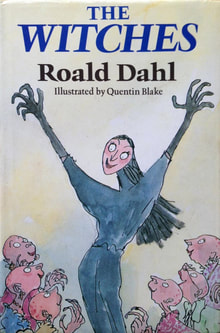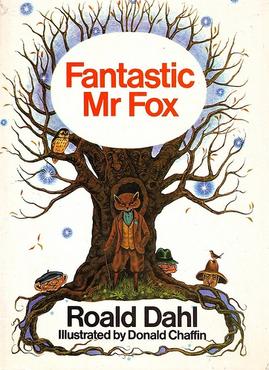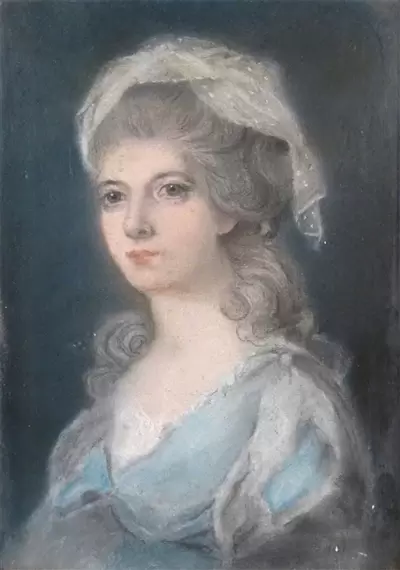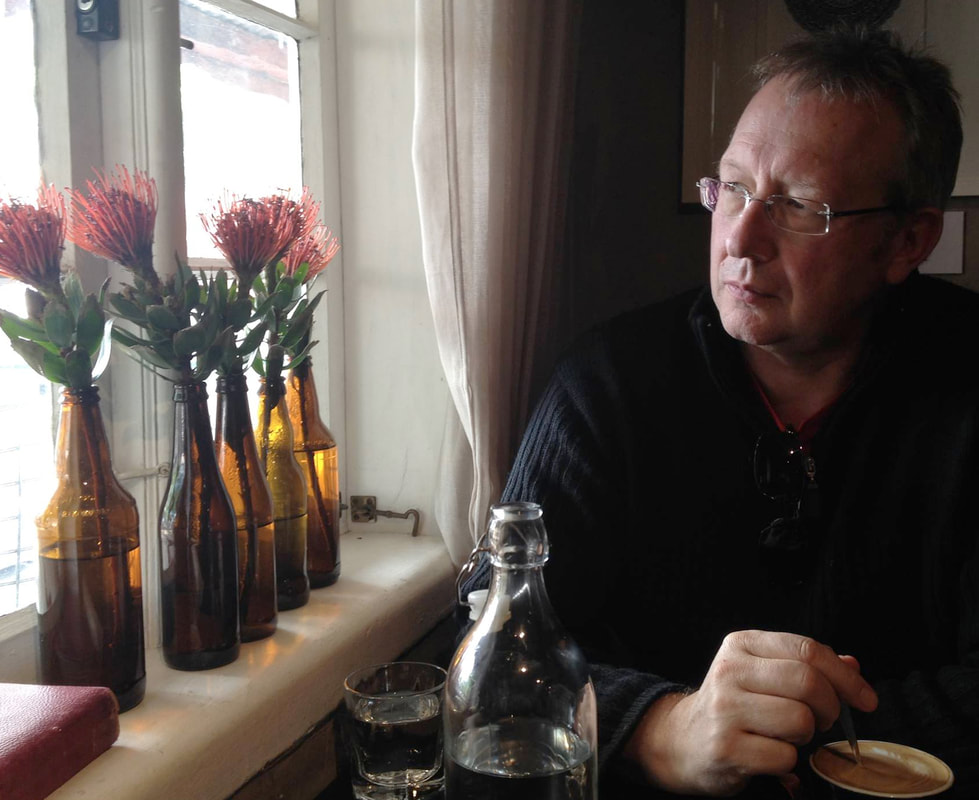February 27, 2023
Censorship of a piece of writing in our ‘democratic’ communities is not as simple as someone in a position of authority deciding what can and can’t be read. It is far more complex. It may well begin with a nation or state setting laws about what is morally acceptable for publishing/reading and what is not, but after that there are many players who make choices and decisions:
1. First, the writer will choose what they want to write about – the language, the characters, the moral content, the actions. One colleague told me she is happy to write dark content for her teenage readers but she will NEVER kill a cat in her stories. 2. Sometimes, the writer’s beta readers – family, friends, trusted colleagues – will influence the content before the final manuscript is completed. 3. If the manuscript arrives at a publishing house, trusted readers employed by the publisher will have their input as to what should or should not be published. 4. The publisher’s editor (or editors) will choose what will be published and what might need to be edited/changed/removed from the original. 5. Then the publishers booksellers sometimes have influence, especially of dealing with a bookshop owner who can only stock some but not all the books being offered by the publisher. 6. The bookshop owner and staff then introduce their level of preference for which books will get shelf exposure and recommendations and which will be silently stowed on the shelf. This extends to the amount of shelf life a book receives before it is removed and replaced. 7. Then the buyer makes choices based on personal interests, moralities, and what is available and recommended. If the book is sold into schools, another raft of people are involved in the book’s ‘censorship:’ 8. The school is likely to have a book selection policy determining what is acceptable and what is not. 9. The school librarian and possibly the key leader of the English department will choose what books will be purchased for specific class study 10. The school librarian can choose to promote, display obviously, or ignore general books in the library 11. Parents will weigh into book selection based on their values and beliefs 12. Finally, students will make choices on non-class texts when they browse the library. I began a PhD in 2002 based on censorship of teenage fiction in Australia and proved through research with writers, publishers and bookshop owners (right down to not being able to complete my PhD) that censorship in Australian publishing is ‘silent’ but powerful, and based on the steps and processes listed above. Roald Dahl’s writing exists. He wrote the right material at the right time within the cultural and historical context of his time, in the same way as Shakespeare and thousands of other writers wrote tales that reflect the attitudes and issues of their times. Efforts to update, sanitise, change the original work may have good intentions – I don’t doubt that – to keep good stories alive across generations and cultural changes, but it is censorship, and it is an attempt to rewrite history to suit our own needs, and we have to be blatantly honest about doing that if we feel there is a genuine need for it. Then the cynic in me is wary of the people who want to sanitise Dahl’s works for selfish reasons:
To the point: if Dahl’s books are not to your taste, seriously, choose to read another writer. Thousands of new and fascinating stories for children are published every year, most within the current cultural context and written specifically to fit the contemporary ethical and cultural trends/tastes/changes we want to embrace. Maybe the truth is that Roald Dahl’s time has come and gone, much like Enid Blyton’s, Edith Nesbitt’s, J M Barrie’s, Erich Kastner’s popularity came and went within their times. Time and tastes might invalidate the sales popularity of a writer, but it should not invalidate the writer’s works, only highlight their cultural contexts and readers’ choices. We have multiple levels of censorship in place and thousands of current and amazing writers seeking to be read: there is no need to sanitise the past to satisfy the present.
1 Comment
Liz Burbrook
27/2/2023 03:23:10 pm
A very simple response; I could not agree more. And it should lead to all kinds of amazing discussions between parent/reader and child.
Reply
Leave a Reply. |
AuthorWriting is my passion. Ideas, opinions, beliefs, experiences expressed through language - through words and images - pervade and create my life. Writing is my voice, my soul, my self. My dream is one day writing will sustain my life... Archives
July 2024
Categories |





 RSS Feed
RSS Feed